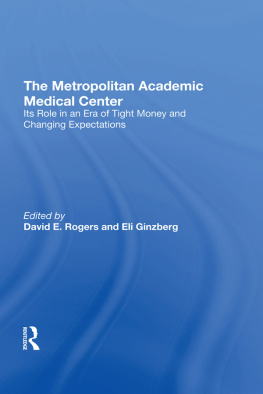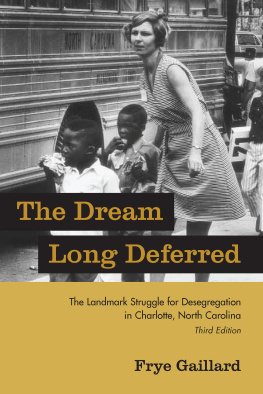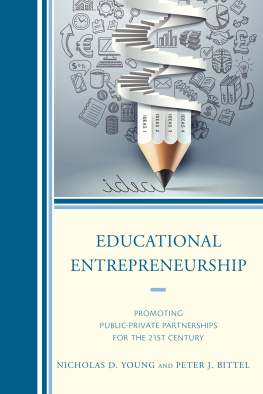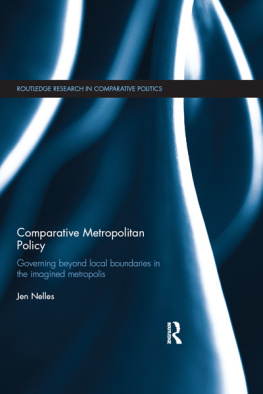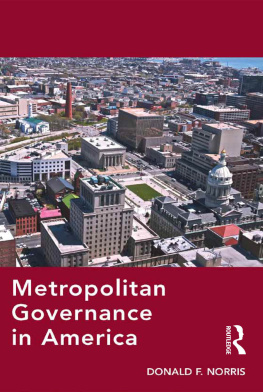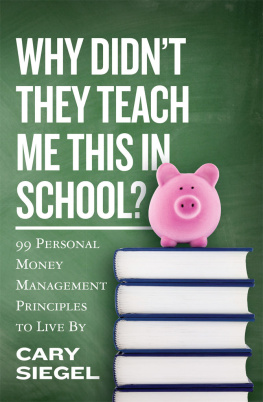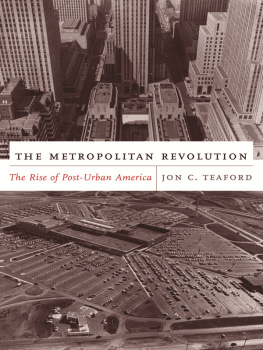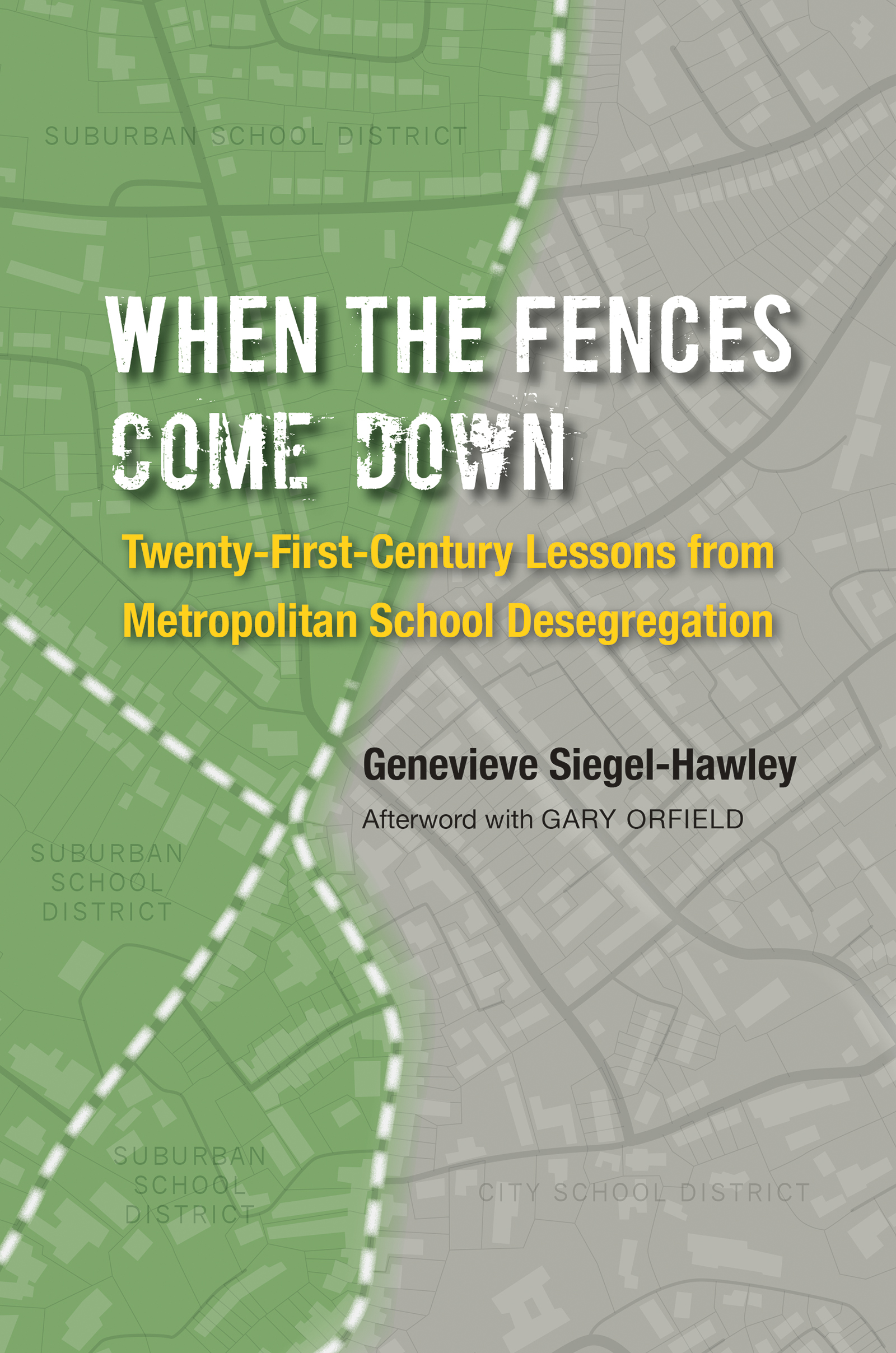Maps, Tables, and Figures
MAPS
1. School District Fragmentation, New York/Long Island and Southern Florida
2. Elementary School Racial Composition, Richmond-Henrico-Chesterfield, 19922009
3. Elementary School Racial Composition, Charlotte-Mecklenburg County, 19922009
4. Elementary School Racial Composition, Chattanooga-Hamilton County, 19922009
5. Elementary School Racial Composition, Louisville-Jefferson County, 19922009
6. Elementary School Racial Composition by Black Population Living in Census Block Groups, 1990
7. Elementary School Racial Composition by Black Population Living in Census Block Groups, 2000
8. Elementary School Racial Composition by Black Population Living in Census Block Groups, 2010
9. Elementary School Poverty Composition by Black Population Living in Census Block Groups, 2010
10. Elementary School Racial Composition by Black Population Living in Census Block Groups, Richmond-Henrico, 1990, 2000, and 2010
TABLES
1. School Boundary Lines and Desegregation Policy
2. Student Enrollment by Race, 1992 and 2009
3. School Segregation, 1992, 1999, and 2009
FIGURES
1. School and Residential Black-White Dissimilarity Index, 19902010
2. Black Students and Residents Exposure to White Students and Residents, 19902010
3. Percentage Change in Black-White/White-Black Residential Dissimilarity Index, 19902000, 20002010, and 19902010
Preface
I began riding a bus to middle school in the fall of 1991. Each morning, at about 6 A.M., it picked us up, rolling over the hilly terrain of Richmonds east end before heading toward the city center. I learned a lot about urban geographic boundaries during those rideswhere they were, what they represented, and to whom they applied. I knew, for instance, that when the driver collected the only three white students (myself included) in the heart of an eight-block historic zone, an island of relative white affluence amid government-designed black segregation and concentrated poverty, all of us coming of age on that bus received a message about race and opportunity in our United States.
I learned more about geographic boundaries at my regional high school, a specialty program for government and international studies housed, at the time, on the top floor of Richmonds historic Thomas Jefferson High School. Schoolchildren from eleven participating school districts rode buses far and widecrossing many a boundary along the wayfor the educational opportunities provided by the school. I too crossed over those boundaries as I traveled to athletic games or to stay with friends in suburban and rural communities. A consciousness around the metropolitan dimensions of race, advantage, and opportunity crystallized during those trips.
Toward the end of high school, I became aware of a 1973 court case that, decided differently, would have dramatically reshaped my burgeoning understanding of Richmonds metropolitan landscape. The untapped possibilities of Bradley v. Richmonds failed city-suburban school desegregation plan fueled a decades-long desire to more fully understand what could have beenand what still might be, given the right mixture of political or legal gritin my community. That desire formed the basis for this book.
I owe an incredible debt of gratitude to many people for helping to make the book possible. A heartfelt thanks goes to Dr. Gary Orfield for his unflagging support and instruction over the course of the original research, as well as for the tremendous amount of wisdom, optimism, and insight he has shared over the years. Many thanks also go to Drs. Patricia Gndara, John Rogers, Leo Estrada, and Stuart Biegel for their thoughtful feedback and direction throughout the writing process.
More recently, Dr. Tom Luce, research director at the Institute on Metropolitan Opportunity, and Dr. Jeffrey Brooks, professor of educational leadership at Monash University in Australia, reviewed and offered valuable suggestions at several stages of this book. It is much stronger because of their gracious assistance.
A delightful cadre of local and national experts also took time out of their busy schedules to read through different chapters of the book. Drs. John Moeser and Tom Shields at the University of Richmond and Dr. Yvonne Brandon at VCU each had recommendations that helped strengthen and clarify the manuscript. Phil Tegeler, executive director of the Poverty and Race Research Action Council, provided thorough and excellent feedback on a number of chapters. David Rusk, founder of Building One America, current consultant on urban policy, former mayor of Albuquerque, and long-time regionalism guru, also sent a number of incredibly helpful suggestions towards the end of the editing process. And as usual, I am indebted to Dr. Erica Frankenberg at Penn State who, in this endeavor as in so many others, provided sage counsel, detailed feedback, and sustaining friendship. Thanks also to my graduate assistant, Stefani Thachik, for her reliable and superb assistance with the endnotes and transcription of the afterword, as well as to Eric Myott, research fellow at the Institute on Metropolitan Opportunity, for his invaluable suggestions regarding the design and presentation of the maps. The team at UNC Press, most especially Joseph Parsons and Alison Shay, has been wonderfully helpful, humorous, and encouraging at every step of the way. Thanks for believing in this book and seeing it through to the end.


